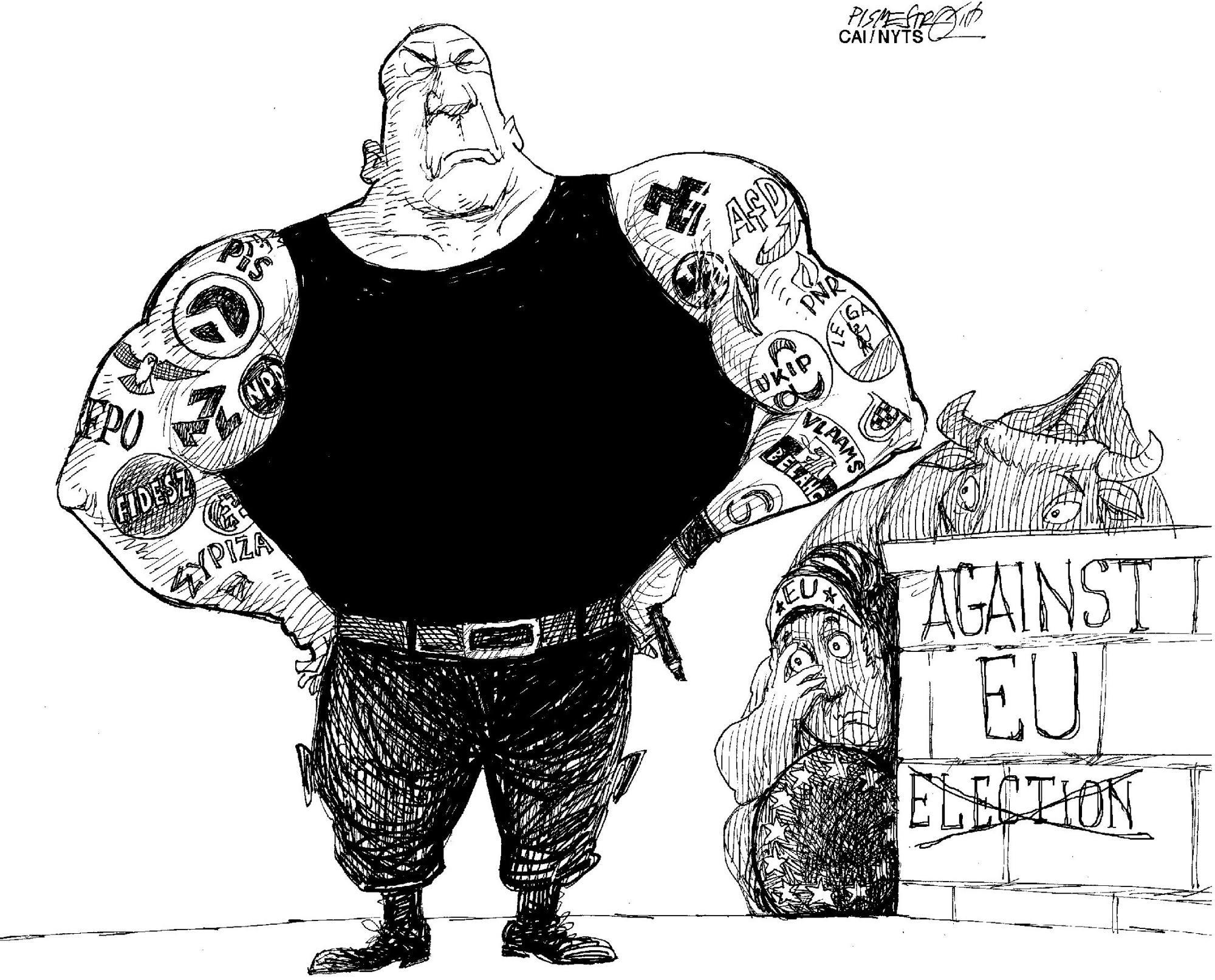Is populism still on the rise? That question will be looming over elections in Israel, India, Indonesia, the Philippines, Spain and the European Union over the next two months. Yet it will be misplaced, for the real contest is between nationalism and internationalism.
To be sure, the nationalist-internationalist division is being prized open by populists themselves, particularly U.S. President Donald Trump, whose instinctive disdain for international laws and institutions has long been clear. But it is also being exploited by more mainstream politicians, including some in that most multilateral of institutions, the European Union, which is experiencing a profound change in its internal political dynamics.
The term populism merely describes a campaigning technique used by insurgent politicians of all stripes. Hence, its power as a political epithet has diminished with use, especially in the years since the Brexit referendum and Trump's election. Once in power, populists still have to govern to voters' liking, or else risk defeat at the next election.



















With your current subscription plan you can comment on stories. However, before writing your first comment, please create a display name in the Profile section of your subscriber account page.